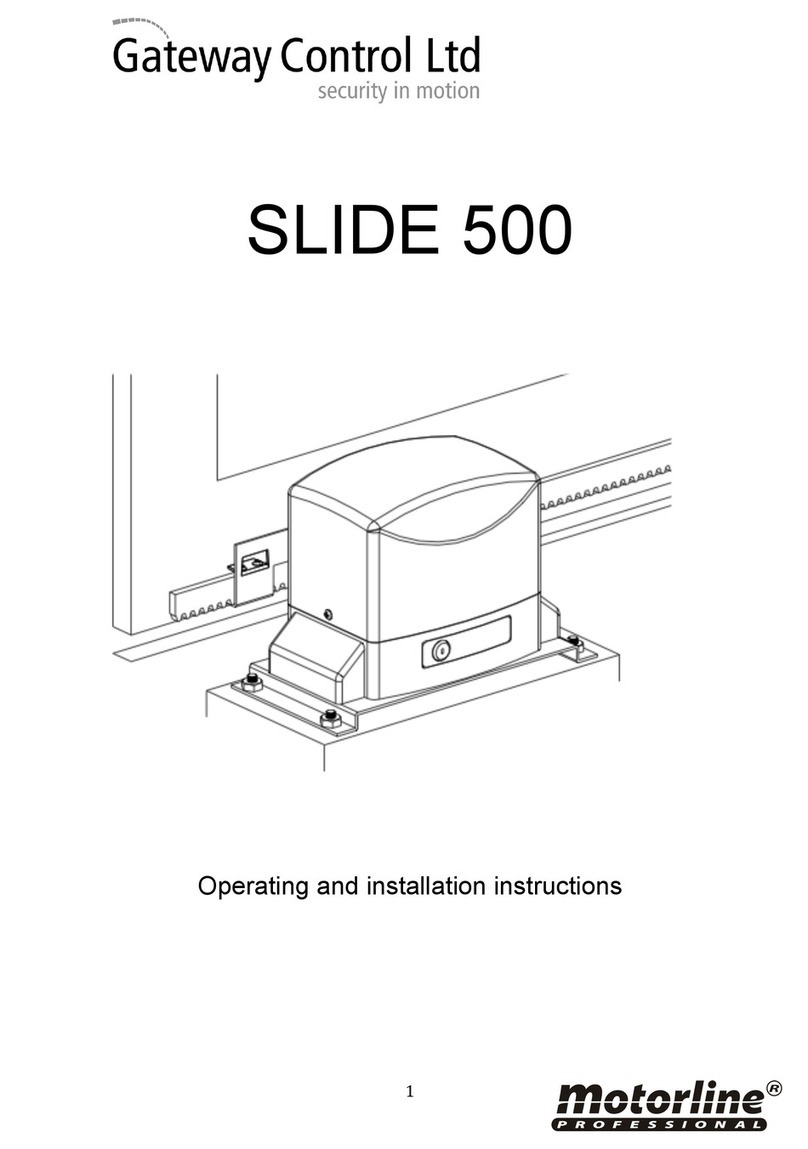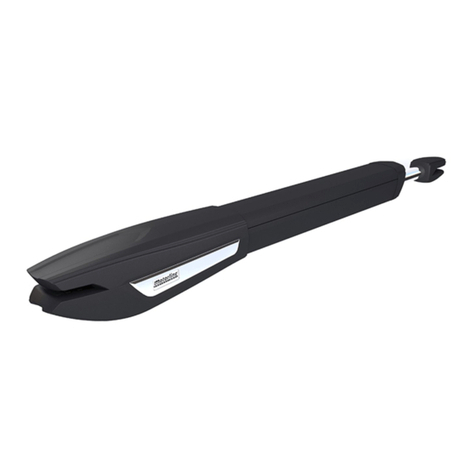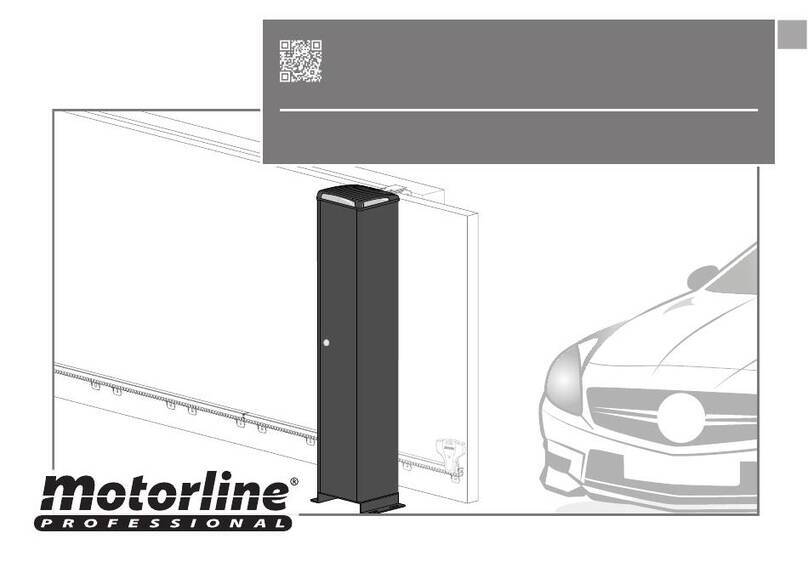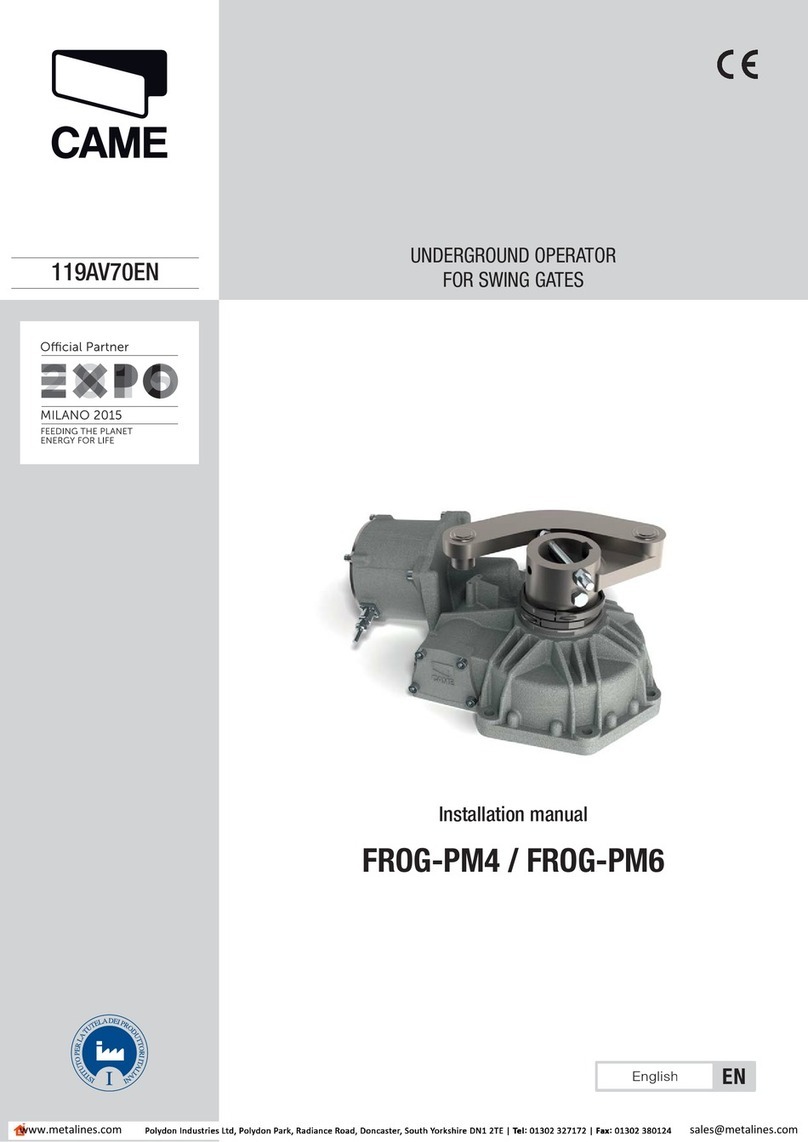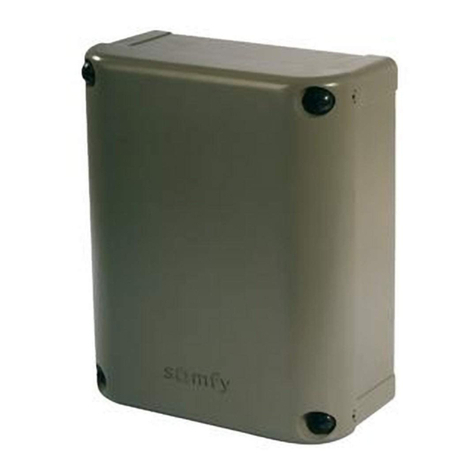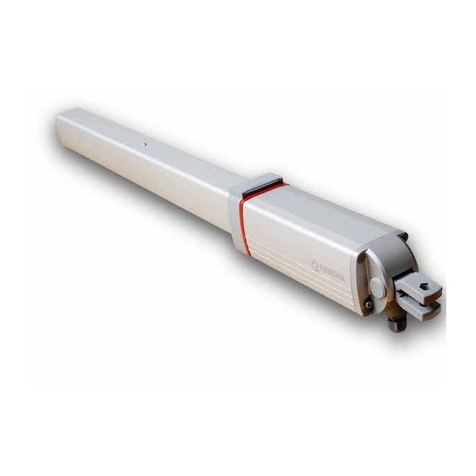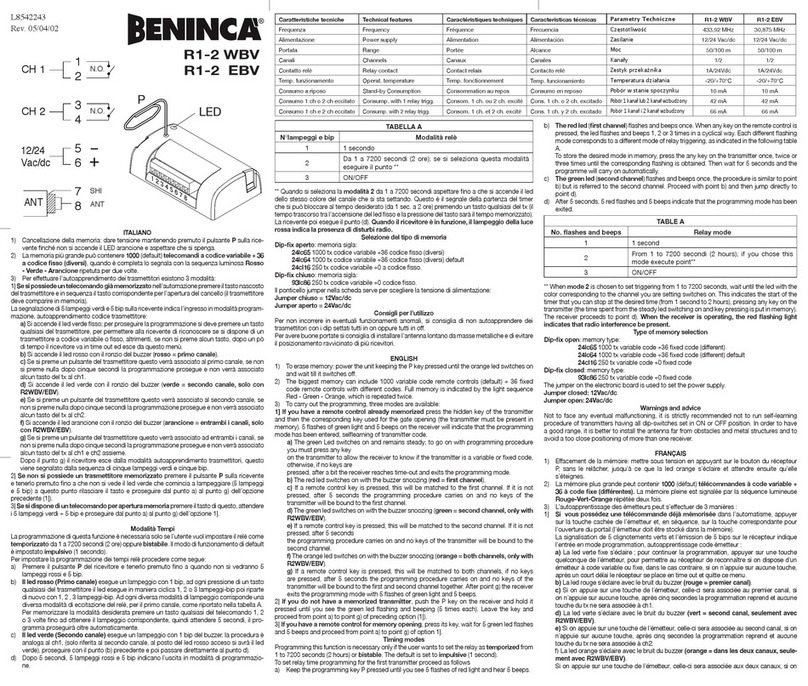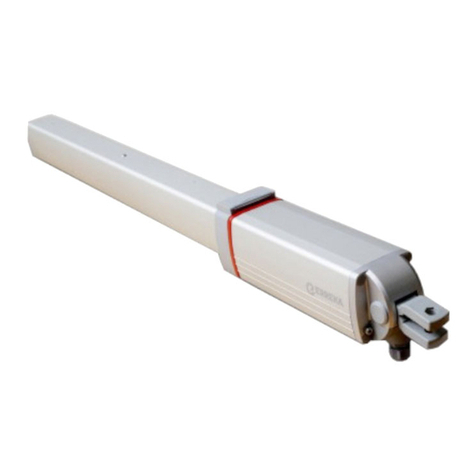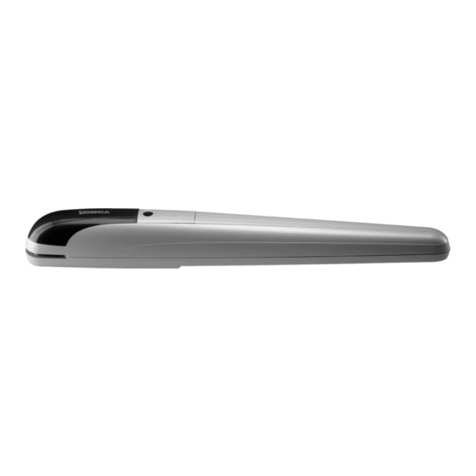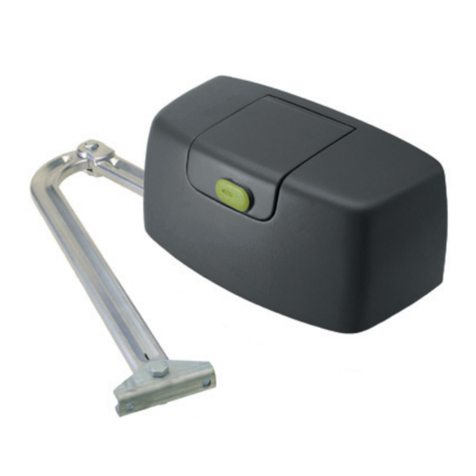Motorline professional J400 Use and care manual
Other Motorline professional Gate Opener manuals
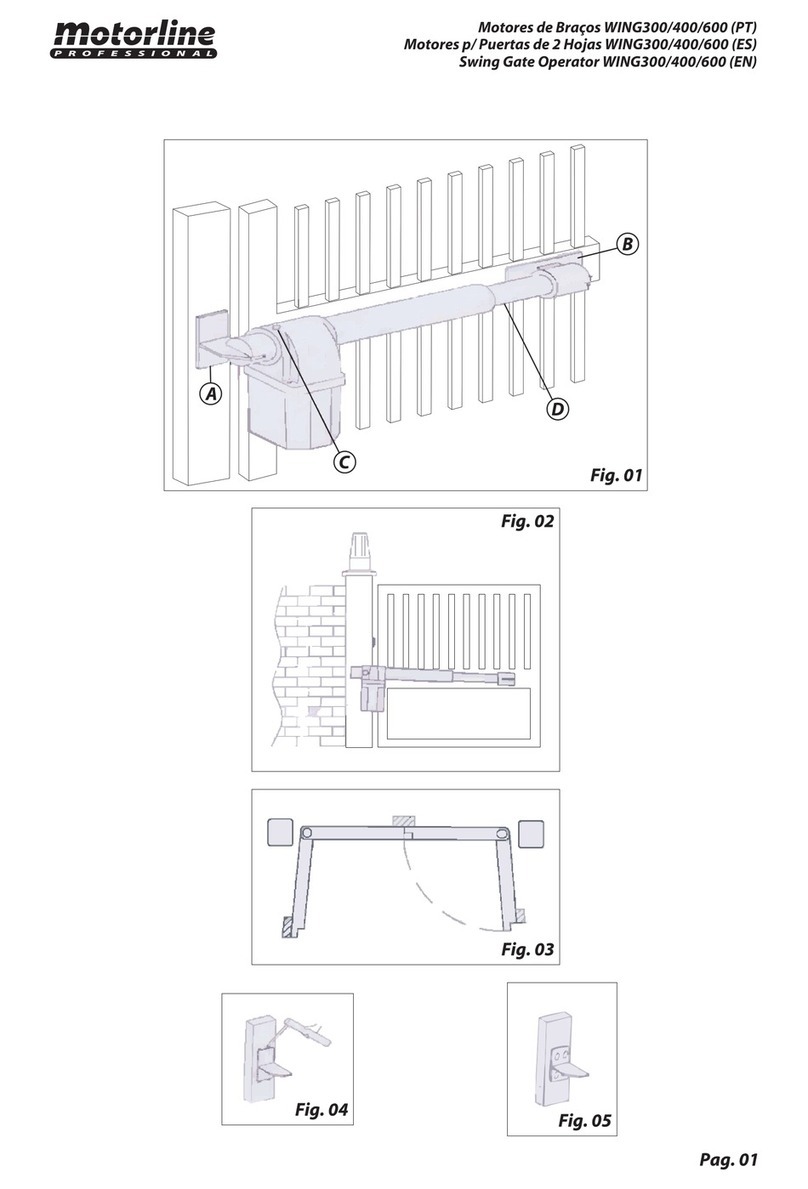
Motorline professional
Motorline professional WING400 User manual

Motorline professional
Motorline professional LINCE 400 User manual

Motorline professional
Motorline professional SUBWING 700 Use and care manual

Motorline professional
Motorline professional LINCE 300 User manual
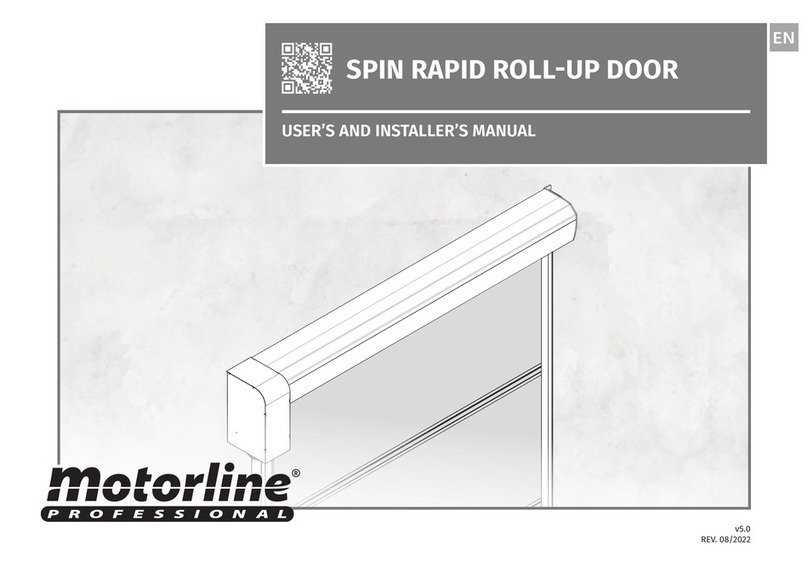
Motorline professional
Motorline professional SPIN Use and care manual

Motorline professional
Motorline professional PERGOLA Operation and installation manual
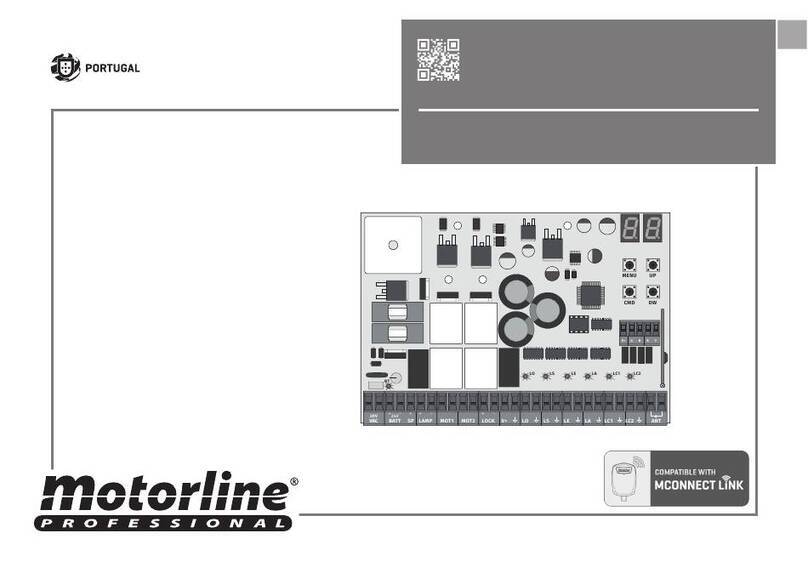
Motorline professional
Motorline professional MC62 Use and care manual
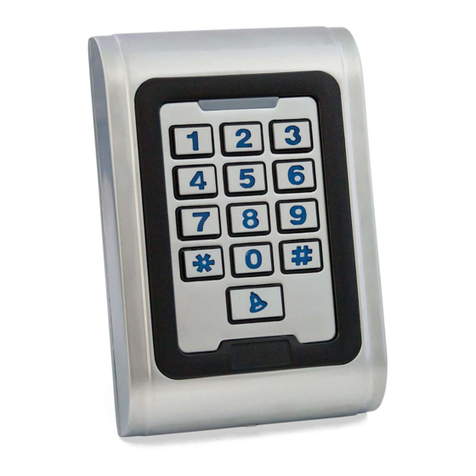
Motorline professional
Motorline professional TEC100 Operation and installation manual

Motorline professional
Motorline professional TELICA Use and care manual
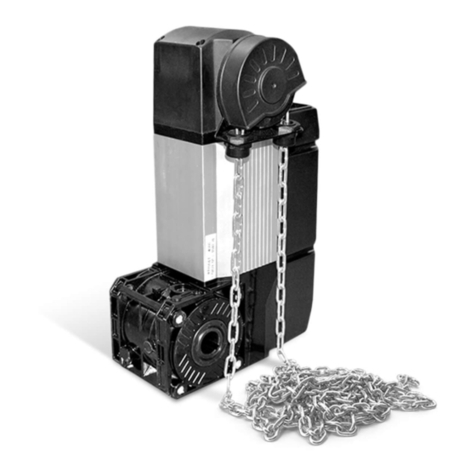
Motorline professional
Motorline professional KVM205 Instruction Manual
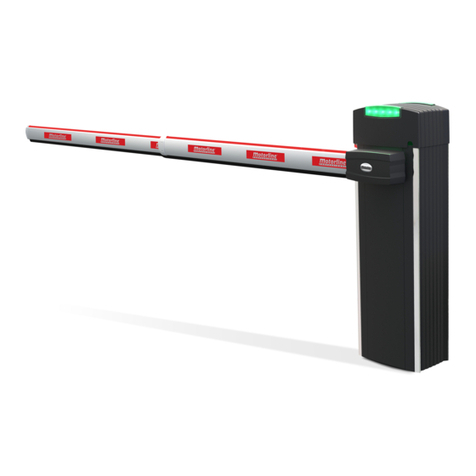
Motorline professional
Motorline professional SIGMA X Instruction Manual

Motorline professional
Motorline professional MC50SC Instruction Manual
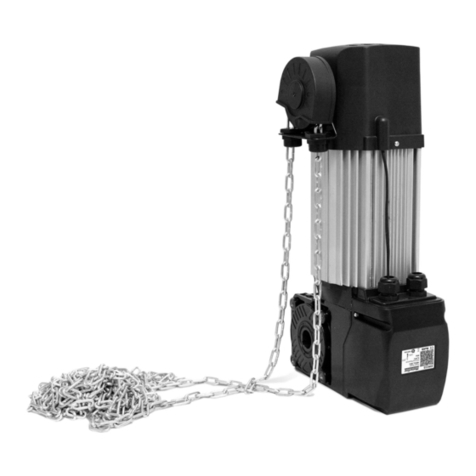
Motorline professional
Motorline professional KVM105 Operation and installation manual
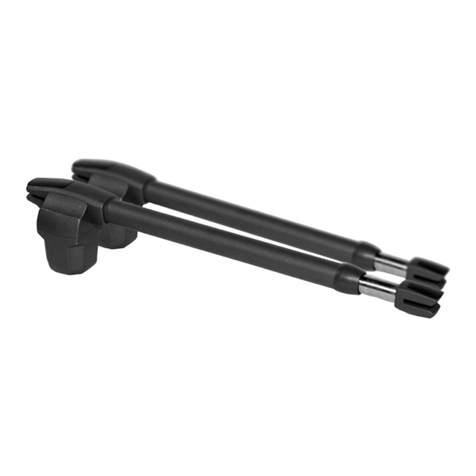
Motorline professional
Motorline professional LINCE Series Use and care manual
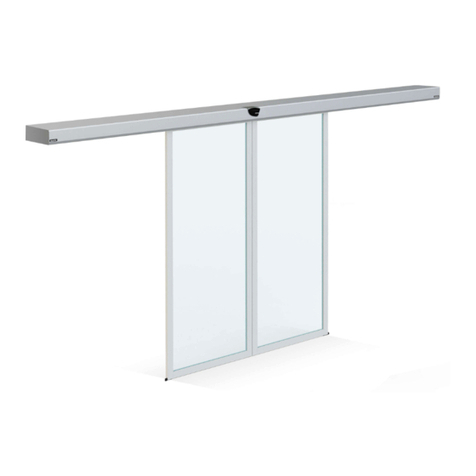
Motorline professional
Motorline professional KAPV100 User manual

Motorline professional
Motorline professional TELICA Use and care manual

Motorline professional
Motorline professional MC52 Instruction Manual

Motorline professional
Motorline professional OL1500 Use and care manual
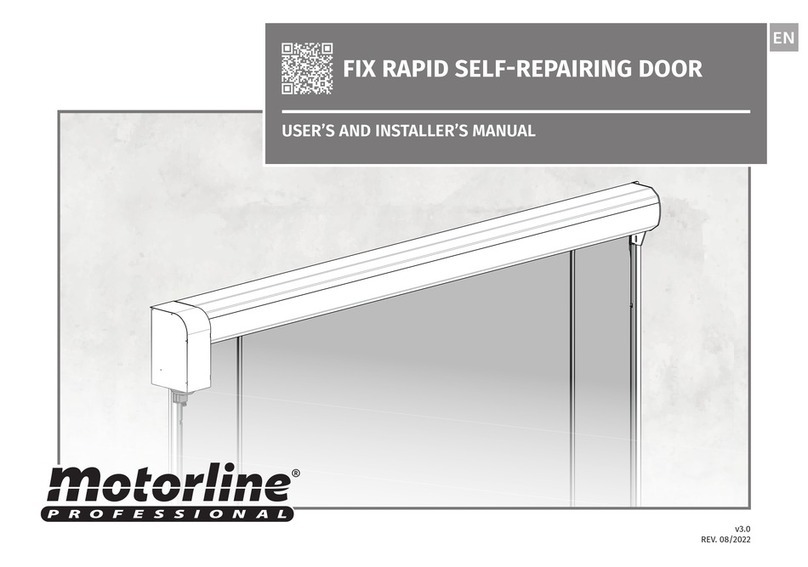
Motorline professional
Motorline professional FIX Use and care manual

Motorline professional
Motorline professional KVM205 Instruction Manual
Popular Gate Opener manuals by other brands
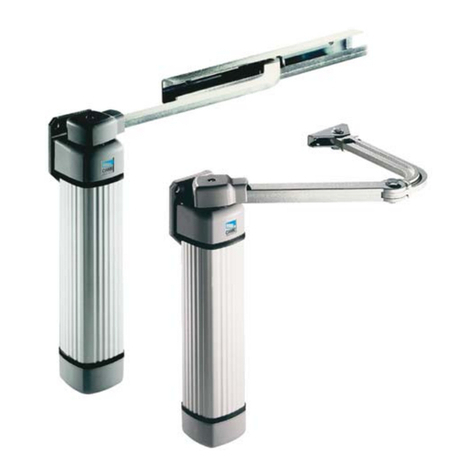
CAME
CAME F500 installation manual
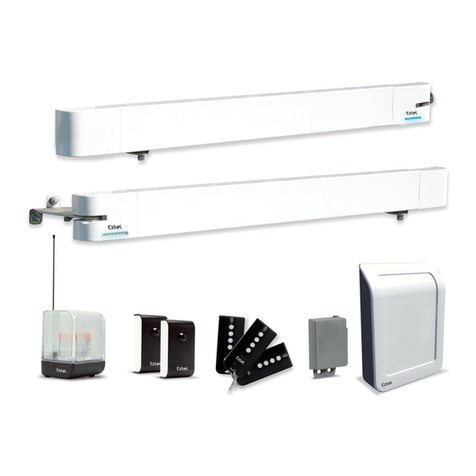
Extel
Extel VERA quick guide
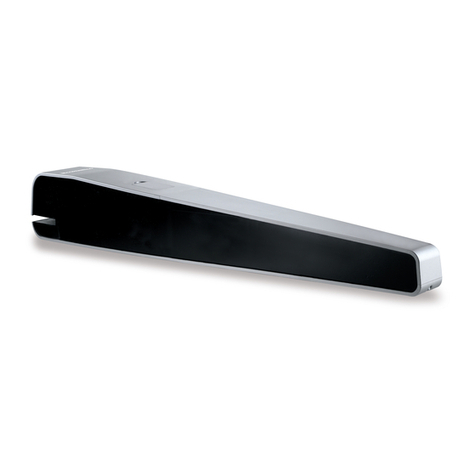
Comunello Automation
Comunello Automation ABACUS 220 Installation and user manual
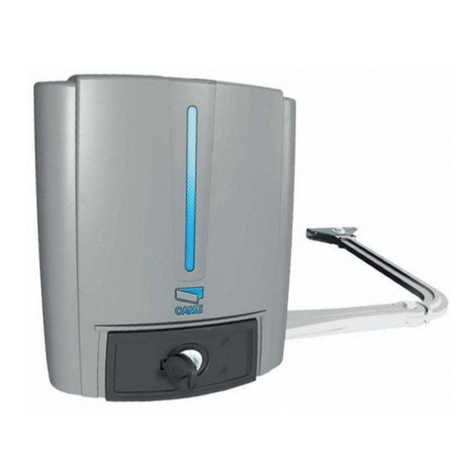
CAME
CAME FA40230CB installation manual
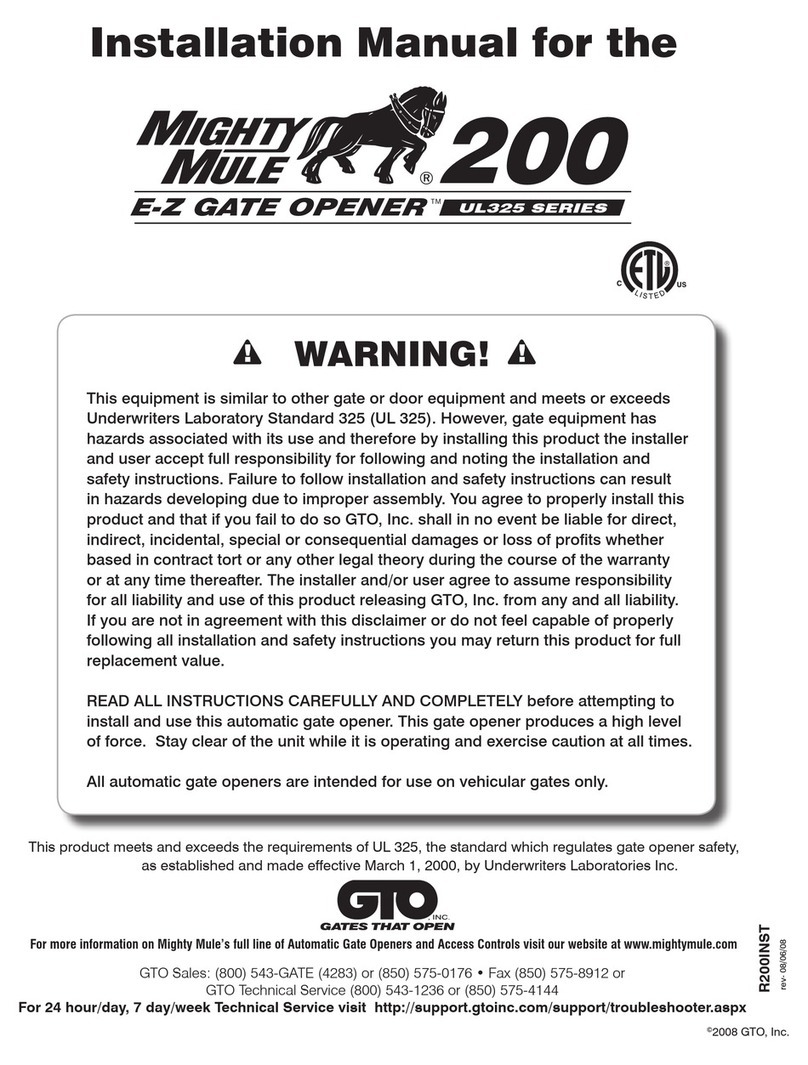
Mighty Mule
Mighty Mule 200 E-Z GATE OPENER UL325 SERIES installation manual

Riello Elettronica
Riello Elettronica CARDIN ACE FAST Instruction handbook
